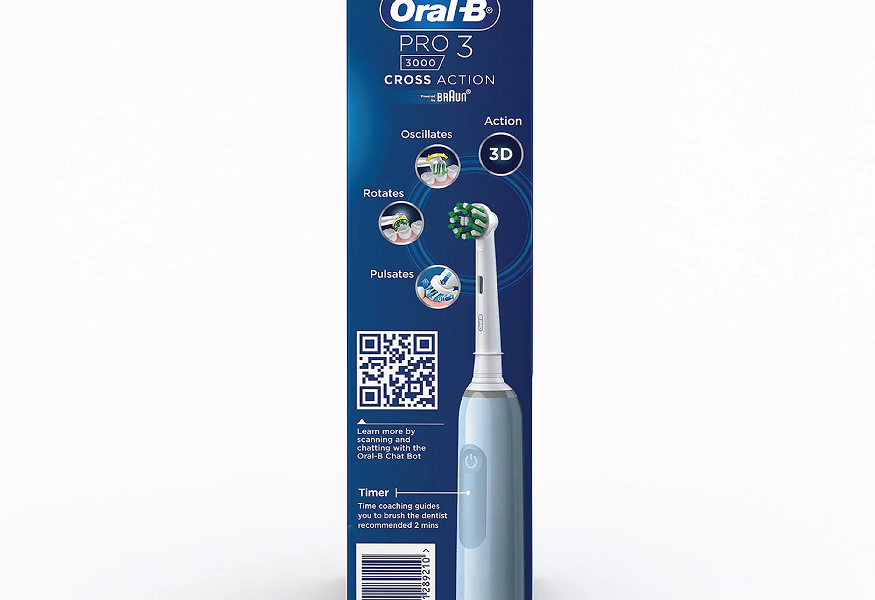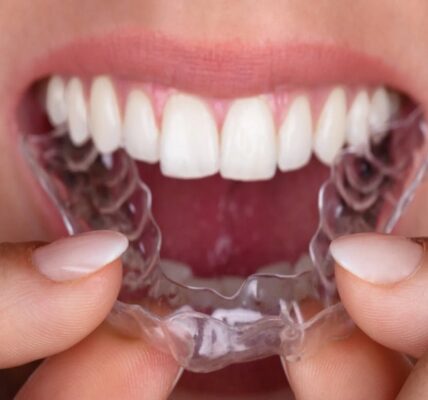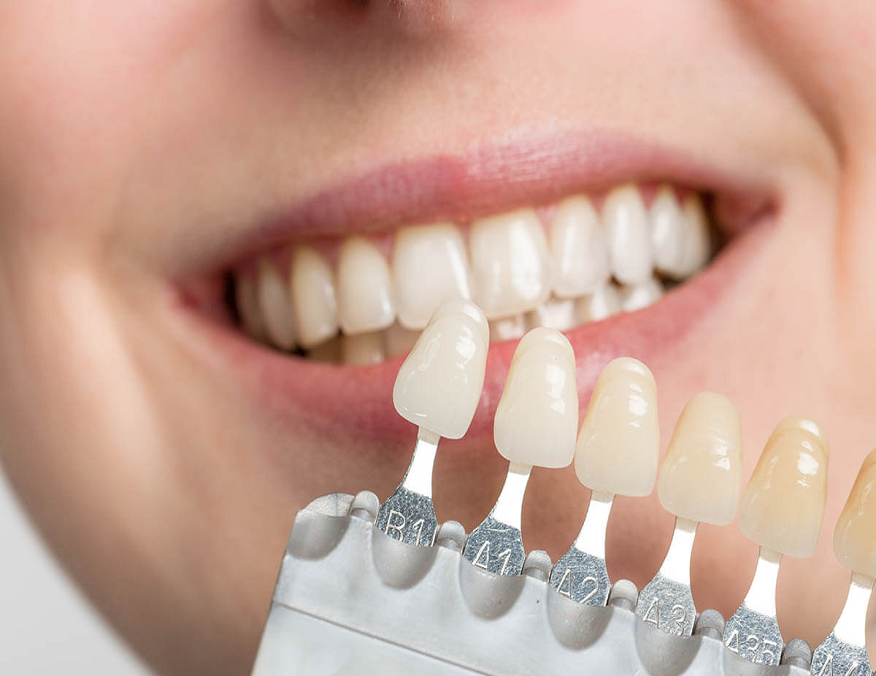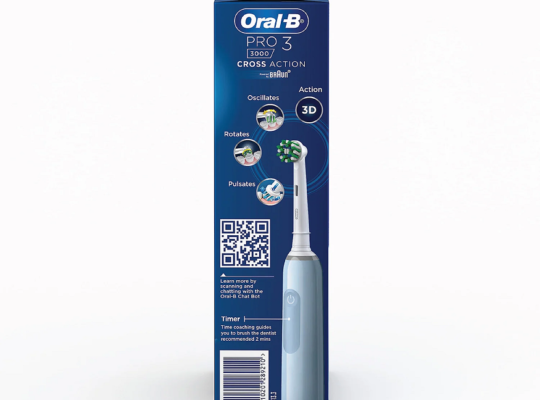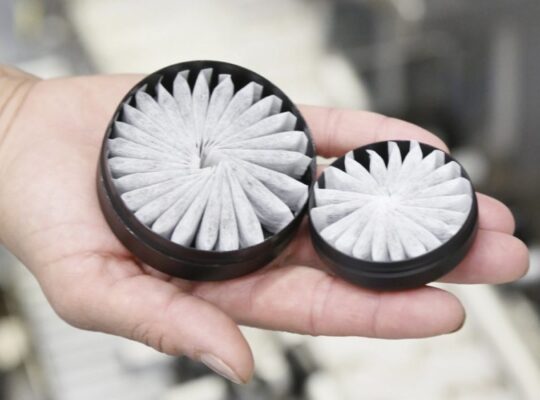Maintaining good oral hygiene is essential for overall health. In India, where dental problems such as cavities, gum disease, and enamel erosion are becoming increasingly common, choosing the right toothbrush is crucial for prevention. With advancements in oral care technology, many consumers now face a choice: a manual toothbrush or an electric one. Here’s an in-depth look at both, to help you make an informed decision.
Manual Toothbrush: Simple and Affordable
Manual toothbrushes are the traditional choice for oral hygiene. They are inexpensive, widely available, and come in various bristle types: soft, medium, and hard. The primary advantage of a manual toothbrush is its affordability. A quality manual toothbrush can cost as little as ₹50 to ₹150 in India, making it accessible for nearly everyone.
Manual brushing requires proper technique. Dentists recommend brushing at a 45-degree angle to the gums, using gentle circular motions for at least two minutes. While manual toothbrushes can effectively remove plaque and food particles, improper technique can lead to plaque accumulation, gum recession, or enamel wear.
For many Indians, especially in rural and semi-urban areas, manual toothbrushes remain the preferred choice due to their cost-effectiveness and easy availability. They are also travel-friendly and do not require charging or batteries.
Electric Toothbrush: Advanced Cleaning with Ease
Electric toothbrushes, on the other hand, offer advanced technology designed to enhance cleaning efficiency. These toothbrushes use oscillating, rotating, or sonic movements to remove plaque more effectively than manual brushing alone. Some of the best electric toothbrushes also come with built-in timers, pressure sensors, and multiple brushing modes, ensuring a more thorough clean without the risk of overbrushing.
Studies show that electric toothbrushes can reduce plaque and gingivitis more effectively than manual toothbrushes, especially in people who struggle with consistent brushing technique. For Indians who have braces, implants, or dental restorations, electric toothbrushes for braces offer a precise cleaning action that is often difficult to achieve with a manual option.
The main consideration for electric toothbrushes in India is cost. Basic models start around ₹500, while premium options with smart features can go upwards of ₹5,000. Additionally, they require charging or battery replacement, which may be less convenient for some users.
Key Factors to Consider
When deciding between a manual and electric toothbrush, consider the following:
1. Oral Health Needs:
If you have sensitive gums, orthodontic appliances, or struggle with plaque removal, an electric toothbrush may offer superior cleaning.
2. Budget:
Manual toothbrushes are more economical, while electric options are an investment in long-term oral care.
3. Brushing Technique:
Those confident in proper brushing technique may achieve good results with a manual toothbrush, whereas electric brushes reduce the margin of error.
Lifestyle and Convenience:
The best electric toothbrushes on the market offer convenience and features such as timers, while manual toothbrushes are portable and do not require electricity.
Conclusion
Both manual and electric toothbrushes are effective when used correctly. For many Indian consumers, the choice depends on personal preference, budget, and specific oral health needs. Manual toothbrushes remain a practical and reliable option, particularly for daily use and travel. Electric toothbrushes, however, offer advanced cleaning technology that can enhance oral hygiene, especially for those with dental challenges or inconsistent brushing habits.
Ultimately, regular brushing, twice a day, for at least two minutes, and routine dental check-ups are the most important factors for maintaining healthy teeth and gums. Selecting the right toothbrush is just the first step toward a brighter, healthier smile.

